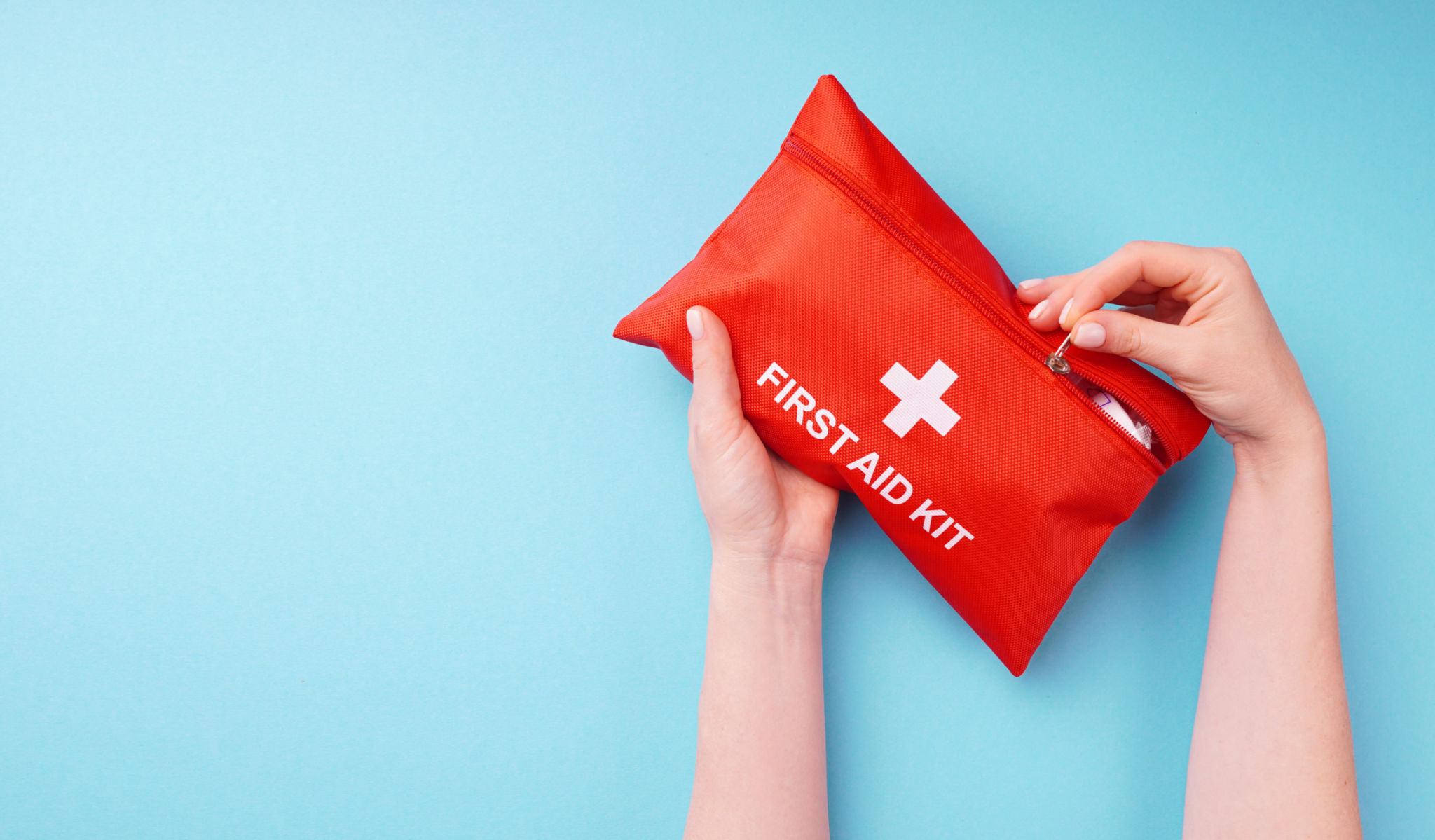Seasonal Guide: Preparing Your Boat for the Florida Hurricane Season
Understanding the Importance of Preparation
Florida's hurricane season is notorious for its unpredictability and potential for severe weather conditions. As a boat owner, it's crucial to be prepared well in advance to protect your investment and ensure safety. Proper preparation not only safeguards your boat but also minimizes the stress and potential financial burden associated with hurricane damage.
One of the most effective steps you can take is to develop a comprehensive hurricane preparedness plan. This plan should encompass everything from securing your vessel to understanding evacuation routes and emergency contacts. A clear, well-thought-out strategy will help you respond quickly and efficiently when a storm threatens.

Securing Your Boat
Securing your boat is a critical component of hurricane preparation. Whether your boat is docked at a marina or stored on land, taking the right precautions can make a significant difference. For boats kept in the water, ensure they are anchored properly with extra lines to accommodate rising water levels and strong winds. It's a good idea to use chafe protectors on lines to prevent wear and tear during turbulent conditions.
If your boat is stored on land, position it away from trees and power lines. It should be placed on a trailer and tied down securely. Additionally, removing any loose items such as cushions, fishing gear, and electronics can prevent them from becoming projectiles during a storm.

Inspecting and Maintaining Equipment
Regular maintenance of your boat's equipment is essential, especially before hurricane season. Inspect all safety gear, including life jackets, fire extinguishers, and first aid kits, to ensure they are in good condition. It's also important to check the bilge pump for proper operation, as it plays a vital role in removing water that may enter the boat during a storm.
Additionally, evaluate the electrical system and fuel lines for any signs of wear or damage. A small issue can become a significant problem during extreme weather conditions, so addressing these concerns beforehand can save you from unnecessary headaches.
Creating an Emergency Kit
An emergency kit is a vital component of hurricane preparedness. This kit should be easily accessible and contain essential items such as waterproof flashlights, batteries, non-perishable food, drinking water, and a portable radio. Having these supplies on hand ensures that you are ready for any situation that may arise during or after the storm.

In addition to basic supplies, consider including important documents such as registration papers, insurance policies, and contact information for emergency services. Keeping these documents in a waterproof container will protect them from potential water damage.
Staying Informed
Staying informed about weather updates and warnings is crucial during hurricane season. Utilize resources such as NOAA weather radio and smartphone apps to receive real-time information about potential storms. Being informed allows you to make timely decisions about whether to secure your boat further or evacuate if necessary.
Lastly, establish a communication plan with family members or crew who may need to assist in preparing your boat. Having a clear plan ensures everyone knows their responsibilities and can act quickly when needed.
Reviewing Insurance Coverage
Before hurricane season begins, review your boat insurance policy to ensure it provides adequate coverage for storm-related damages. Understand the terms and conditions, including any deductibles or limitations that may apply. If necessary, consult with your insurance provider to make adjustments that align with your needs.
A comprehensive insurance policy offers peace of mind knowing that you're financially protected in the event of storm damage. Taking the time to review and update your coverage can prevent unexpected expenses and aid in the recovery process after a hurricane.
